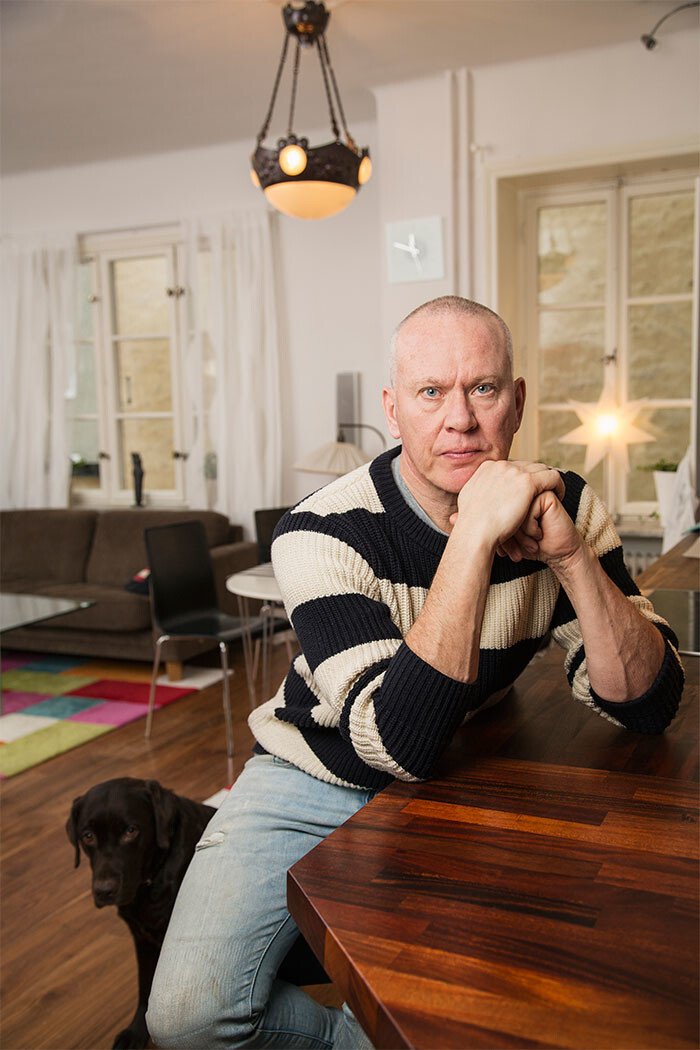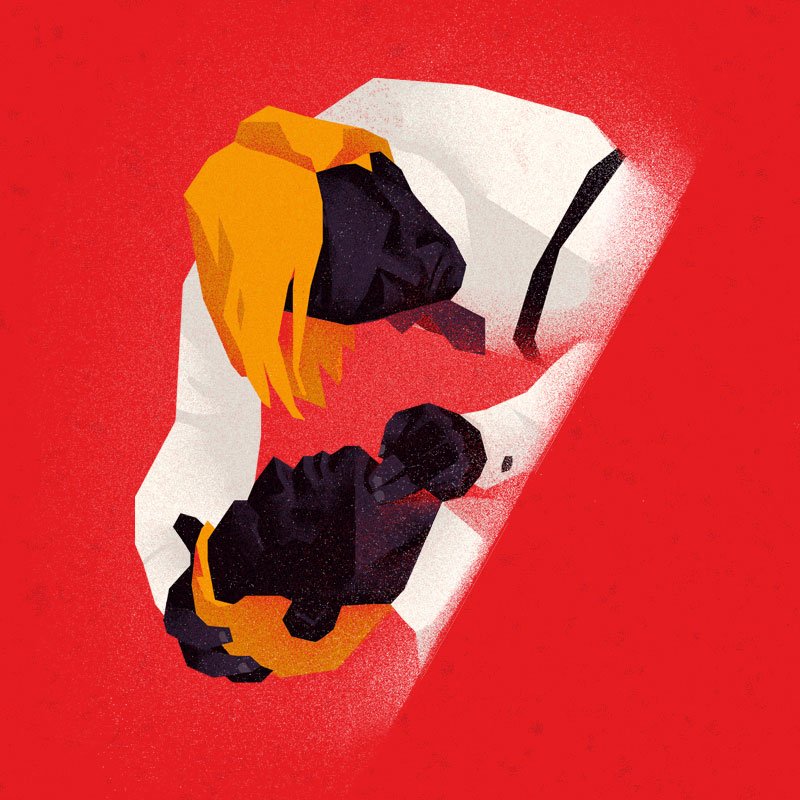Cardiac arrest: “I didn't hear any heart sounds or feel any pulse”
Lars Björkman lost his wife Erika to a sudden cardiac arrest in 2009. Here is the story about what happened in his own words.

As told to Karin Söderlund Leifler
First published in Swedish in the magazine Medicinsk Vetenskap, no 1, 2016.
“My wife, Erika, had organised a holiday in Croatia for the entire family as a present for me. I was turning 50 later that week. We had both had a stressful time at work and it was the first day of the holiday. We arrived at night and went to sleep almost immediately.
I woke up in the morning and it sounded strange. When I opened my eyes, Erika was lying on her back with her head bent backwards and her eyes wide open. There was a hissing sound coming out of her mouth. My first thought was that she had something stuck in her throat, so I tried to grab hold of her from behind and push up what I thought had got stuck. She was lifeless and heavy. I didn't hear any heart sounds or feel a pulse.
I screamed to both of our teenage children who where in the room next door to get help. At the same time, I tried to get Erika down onto the stone floor and then I began CPR. After a moment, I saw that nothing was happening, panicked and ran out to look for help. Two gardeners came and we were able to perform CPR. It took an eternity. Erika became colder and colder. When the ambulance arrived, after about 45 minutes, there was nothing they could do.
Erika was 43 years old. The post-mortem showed that she had died of a sudden cardiac arrest in her sleep, but the doctors were not able to determine what caused it.
This incident has made me stronger in one way and at the same time, more vulnerable. I have become more afraid that something will happen. The children and I have become closer and it has made me live more in the moment.
It is the be-all and end-all that research is conducted into heart diseases so that people not have to experience this. Other important aspects are defibrillators, CPR training and making people aware about how to act when it happens. In recent years, I think I have seen more information being provided about this and that there are more defibrillators. This is absolutely the right way to go.”
How to do CPR
 Photo: Björn Öberg
Photo: Björn ÖbergHelp in the event of cardiac arrest
In the event of a cardiac arrest every second counts. In case of emergency, call 112. Here are also instructions on how to do CPR (cardiopulmonary resuscitation).
